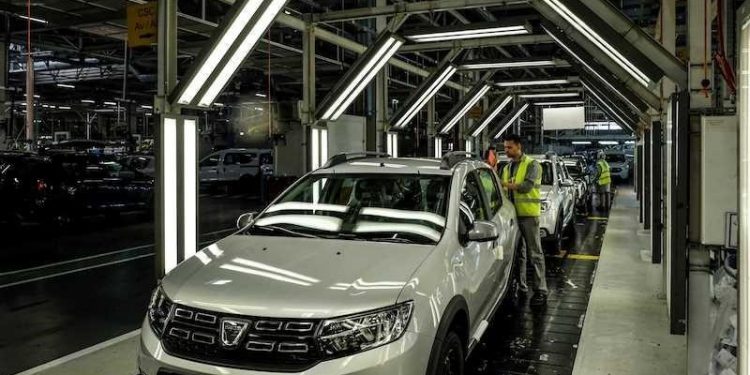Morocco has significantly promoted environmentally friendly transportation solutions, including adopting ecological cars. These eco-friendly vehicles have gained popularity in the country due to their lower environmental impact and cost savings on fuel. However, as Morocco embraces this green automotive trend, it faces a significant challenge in effectively maintaining and supporting these vehicles. We will explore the growth of ecological cars in Morocco and the challenges associated with maintenance and support.
The Rise of Ecological Cars in Morocco:
Morocco has actively encouraged the use of ecological cars to reduce greenhouse gas emissions and decrease its dependence on fossil fuels. Recently, the government has introduced incentives such as tax breaks and subsidies to promote purchasing electric and hybrid vehicles. As a result, the number of ecological cars on Moroccan roads has been steadily increasing.
Challenges in Maintenance and Repairs:
While the adoption of ecological cars is a positive step towards sustainability, it comes with its set of challenges, particularly in terms of maintenance and repairs. Traditional gasoline or diesel vehicles have a well-established network of repair shops and mechanics, but the same cannot be said for ecological cars. Finding skilled technicians who can effectively diagnose and repair these vehicles can be a significant challenge.
Limited Availability of Spare Parts:
Another hurdle in maintaining ecological cars in Morocco is the limited availability of spare parts. Unlike conventional vehicles with a wide range of aftermarket parts readily available, ecological cars may require specialized components that are not easily found in the local market. This scarcity of parts can lead to more extended downtimes and increased repair costs.
Addressing the Skills Gap:
To overcome the maintenance challenges, Morocco must invest in training programs for technicians specializing in ecological car repair and maintenance. By developing a skilled workforce, the country can ensure that environmental car owners can access reliable repair services.
Conclusion:
Morocco’s commitment to eco-friendly transportation through adopting ecological cars is commendable. However, the challenges associated with maintenance and support must be addressed to sustain this green revolution. Investing in technician training and improving the availability of spare parts are crucial steps toward ensuring that ecological car owners can enjoy the benefits of reduced emissions and cost savings without the frustration of lengthy and costly repairs.






